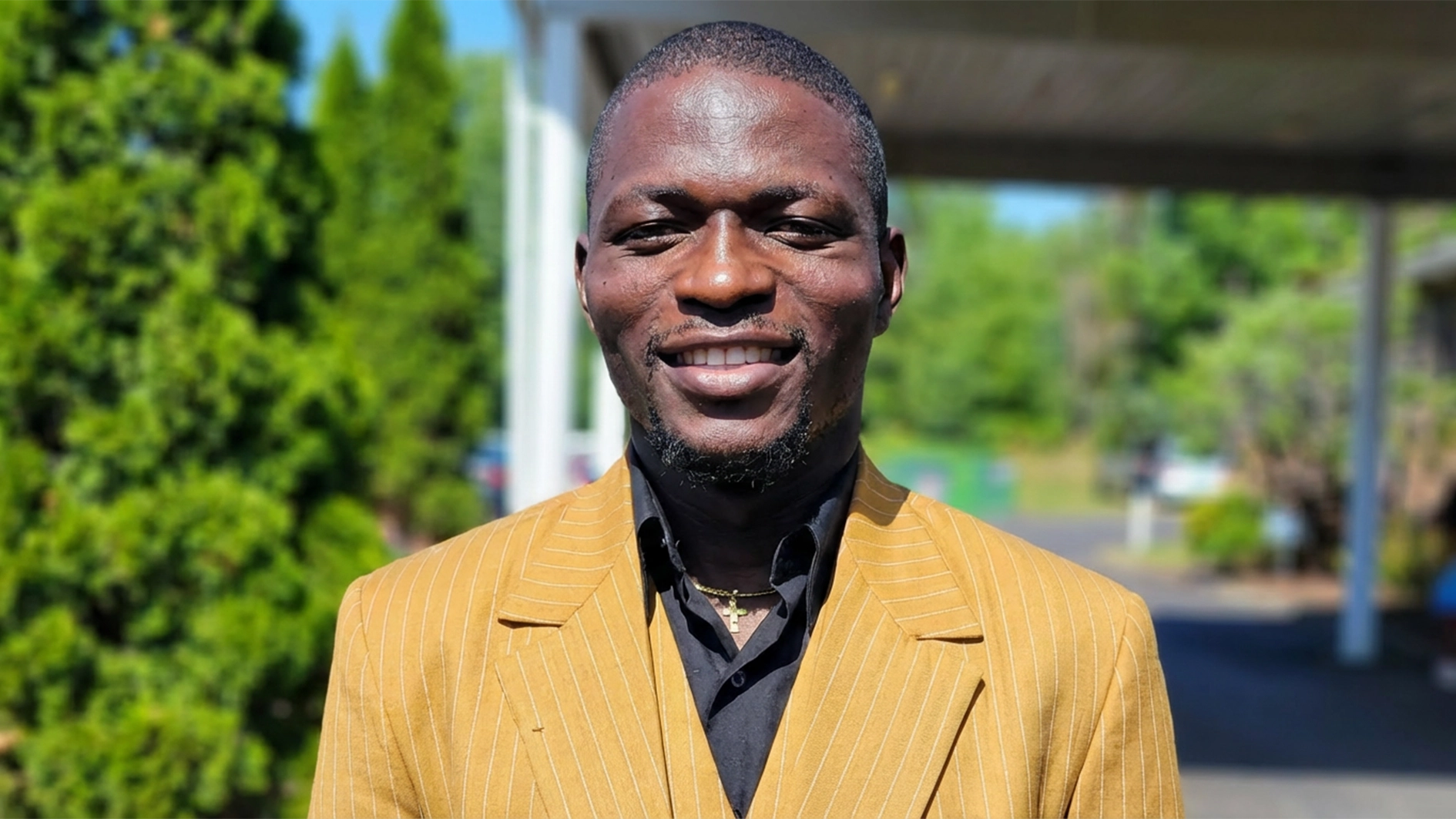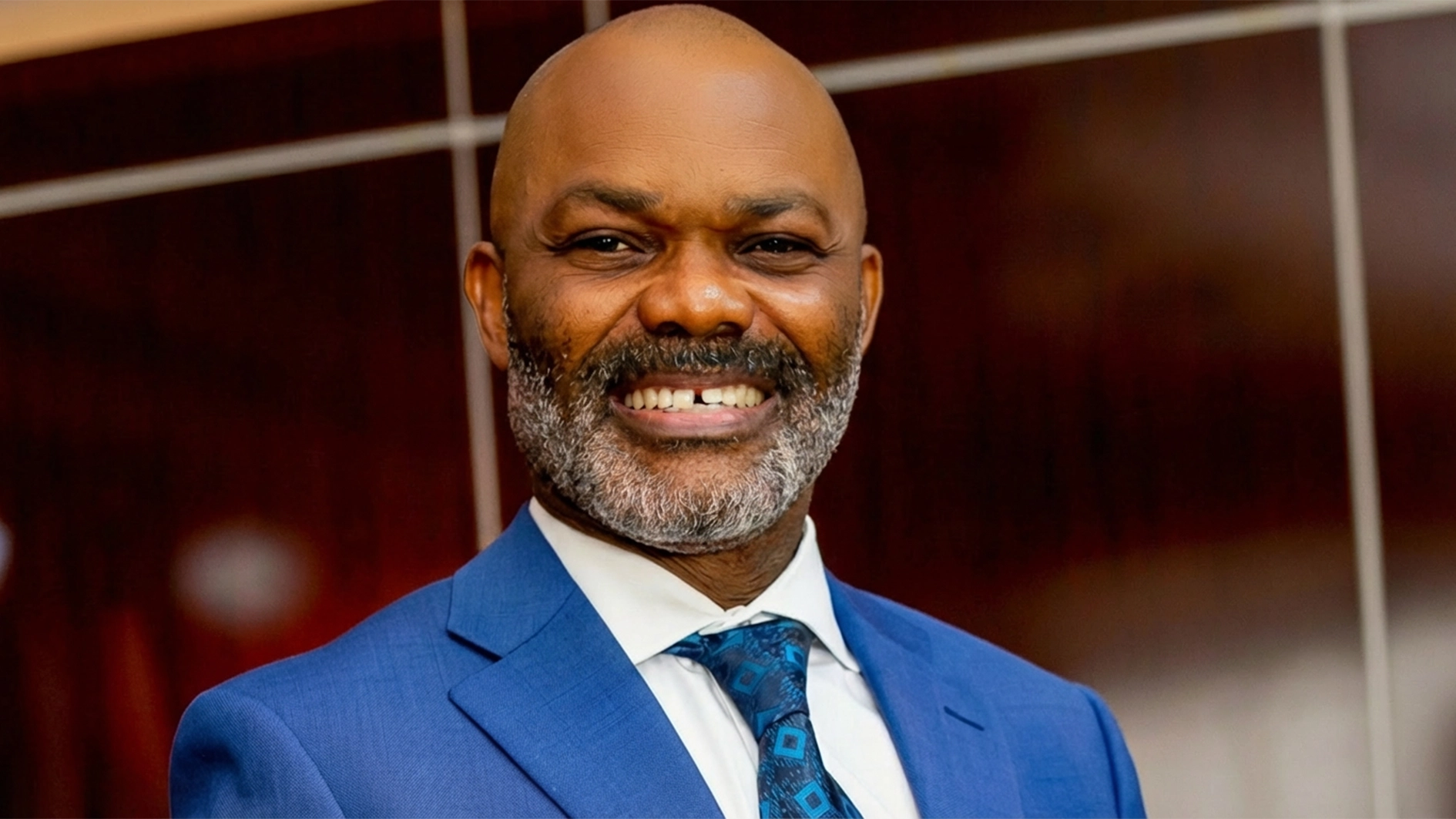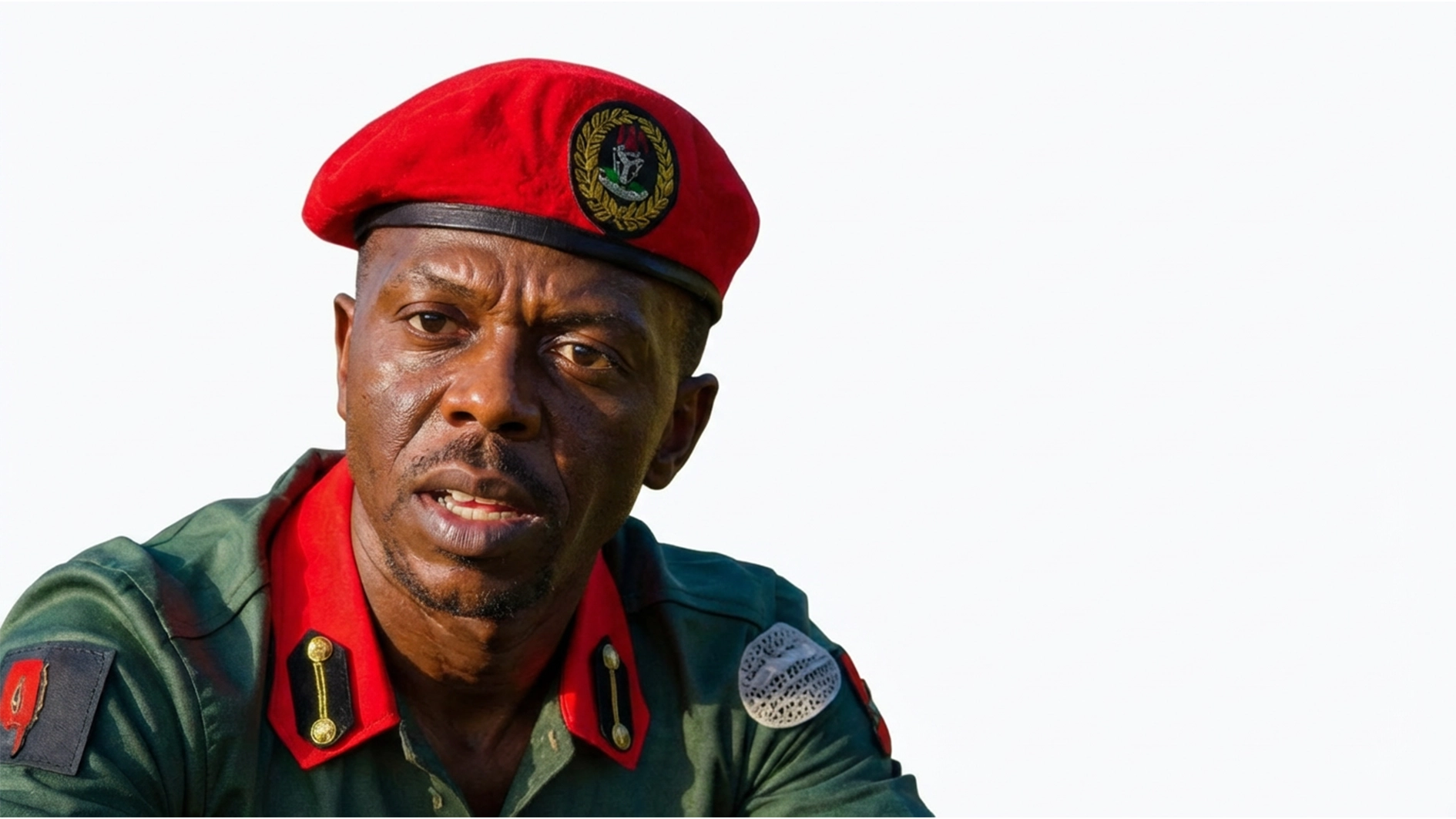 Can you share a bit about your background and what initially drew you to your current field?
Can you share a bit about your background and what initially drew you to your current field?
Initially, I trained as an electronic and telecoms engineer. While doing that I also studied network engineering as well. While in University, I also started up a modelling agency, and I used to sell retail fashion. I used to purchase from Italy and sell in London so I think at that time it was obvious that I had multidimensional career paths
By the time I finished Uni, I still had my modelling agency, I had opened up a fashion store and I just became that go-to person, so anything you need “go to Kemi”, and a lot of people were calling me; “ooh Kemi I need a limousine”, “Kemi I need to feature in a magazine”, “Kemi I need this and Kemi I need that”. You know once you receive about a hundred phone calls per day all wanting different things, the best thing to do is to monetize it so I decided to start VIVACITY PR. That was when VIVACITY PR started and went on for a good number of years.
At some point, I decided that I wanted to have a proper job and I decided to study Project Management because as much as I was enjoying running my own business, I felt that having a Project Management certificate would be great for my business as well as any other organization that I wanted to work with.
This was right before I came to Nigeria and when I got to Nigeria somehow I became the Special Assistant on New Media to the Minister of Communications and after that, I became the Special Assistant on ICT and Corporate Relations to the Minister of Youth who after a while needed a Special Assistant on Youth so he also made me the Special Assistant of Youth, ICT and Corporate Relations to the Minister of Youth.
Who or what has been your greatest inspiration throughout your career, and why?
I’m inspired by a lot of people, I think Kamala Harris is one person I always make reference to, Michelle Obama is someone I make reference to, Folarinsho Alakija is also someone I make mental references to. Whenever I want to do something I always ask myself, “What would Michelle Obama do”, “How would Kamala Harris or Mrs. Alakija do this particular thing” and they kind of model the things that I do based on how I perceive of how I feel that they would do these things.
Richard Branson is also someone that for me has a major mental guide and inspiration because I know Richard Branson has dabbled and excelled in a lot of different businesses and how does he do that, he does that because he may not know the technical nitty-gritty behind certain things but he knows someone that knows, he always ensures that he employs the people that can make those businesses successful and what I learned from Richard Branson’s model is that its not always about you, it’s about the team you surround yourself with.
So those are the 4 people off the top of my head who continually inspire my different decision-making processes.
What do you consider to be the most significant milestone in your career so far?
I first of all started out like I said earlier with my modelling agency, also working with various entertainment companies at that time then I started out my own PR firm and decided to go back to school and do my MBA and started my DBA along my PHD path. I did project management as well like I mentioned before.
I’m taking a couple more short courses in Climate finance and Green Economy sector because I want to be more informed in some of these areas.
Since I stopped working for the Minister of Youth, I have begun my journey as the owner of a Social Enterprise. I do have a number of businesses now, I still have my retail store one sells underwear while the other sells clothing. I have my PR company where we are currently working on a sports PR project which has taken me to the Olympics for a particular client. We still worked on a number of sports PR projects in the past and I also have my social enterprise.
What’s next for me career-wise is to make sure that my social enterprise delivers on impact and to make sure my social enterprise is able to create a better living experience for Nigerians as well as individuals all over the planet.
What major challenges have you faced in your professional journey, and how did you overcome them?
I believe you know, to be great, you must experience a good number of challenges. I think this is something about diamond must go through fire before it becomes diamond. So, yes, I’ve been through a good number of challenges in life, even though I don’t look at it, Don’t look like what I’ve been through. But, the bottlenecks exist in every industry, as you will have your personal challenges, you have your professional challenges and I think you also have to face do we call it community challenge as well? So, for me, the work-life balance sometimes may be a challenge.
When you’re working hours till 1 a.m. in the morning and you’re up by 5 a.m. in the morning and you’re at it again every day, on the days that you do have time to rest, you tend to dedicate that time to resting and as such you don’t so much have time for family, friends even social activities per SE because your life you know, is actually a social activity.
All the meetings you have to attend is networking. Meeting with people all the time so sometimes you don’t want your rest time to you don’t want. You have to use your rest time to meet with people as well. So you kind of choose to rest when the time presents itself that stops your social engagement, which affects your personal work.
Life balance; you look back and you’re 44 years old and you’re not married with any kids because you’ve spent the last 10 years working 20 hours every day.
Challenges faced in government is that one needs to be able to understand how to manage that work. Cultural challenges are so important. I was not born in Nigeria. Getting to Nigeria and seeing the diverse culture or how the culture is different to the culture in the United Kingdom. It was a big challenge for me, and I found it acclimatizing, was a little bit difficult, but we got it done.
Let’s now talk about challenges in the workplace. What I observed was, that we still do have a lot of gender inequality in the workplace. We still do have a lot of sexism in the workplace and these things are barriers to effective delivery of work.
When you run away from your office because of how certain people are treating you or you know, you’re not able to deliver 100, that does affect the quality of work. We can expand a bit on that.
Which of your achievements are you most proud of, and why?
Can I say I’m proud of how I’ve evolved? I did not believe that this is who Kemi was gonna become. I felt I was going to be maybe an actress or a singer or a model. I really thought I was going to develop more in the entertainment industry. I never believed I was going to become an engineer. I didn’t believe I was gonna have such a strong academic career path as well as I never believed I was going to work for the Nigerian government. So all of that, and working for the Nigerian government as a special assistant to two ministers for the duration of eight years is something I’m extremely proud. The ability to advise them, being able to create as well as work on initiatives that have changed the lives of a lot of young people. I worked with the Minister of Communications.
I birthed as well as developed social media for good governance, which taught, the social media handlers within the Nigerian government space how to use social media effectively, being able to identify the difference between personal social media use, corporate social media use and government social media use. We’re also able to educate the upper tier. Sensitise them on the importance of social media, the use of social media as well as, the budgets required for social media and that was amazing.
What we were able to teach and what we were able to lay down is still being used and replicated across the country. And, that was an awesome one for me. And then, when it comes to youth development, there were a number of initiatives such as the Nigerian Youth Investment Fund, the 60-day mobile APP initiative. Looking at how these initiatives have impacted the lives of, young people, I get a lot of young people that come up to me and say, Oh, you know, I got the NYIF loan and I’m so grateful it has turned my life around and thank you for what I want from the 60 day AB challenge. It’s been able to grow my business in this particular way.
The third achievement will be the Commonwealth Youth events that we had. Commonwealth Youth Event was able to for us to see Nigeria in a different light.
How would you describe your leadership style, and what strategies do you use to lead and motivate your team?
I have learned that working for money should not be the primary goal; money is merely a by-product of the excellence you aim to deliver. While some people still work primarily for financial gain, they often find themselves in specific types of jobs or environments.
In the environment I work in, true professionals are motivated by the desire to make a difference rather than just earning a paycheck. I strive to instil this mindset in the people around me. I emphasize that delivering excellence will naturally lead to financial rewards, while subpar performance will result in subpar remuneration.
Additionally, I encourage people to surround themselves with good counsel. Having trusted advisors ensures that when you need advice on particular projects, you receive the best guidance and assistance available.
Another critical aspect of my leadership approach is honesty. Being honest with yourself, your superiors, and your peers is crucial. Self-deception hinders achievement, so it is essential to maintain integrity in all interactions.
These principles form the foundation of my leadership style. I believe in appealing to the inner motivations of the individuals I work with and encouraging them to choose excellence. Leadership is not only about leading those who report to you but also about guiding peers and even superiors.
Ultimately, the best way to lead is by example and persuasion. People will give their best not because they are compelled to, but because they are genuinely motivated and believe in the value of their work beyond just monetary compensation.
What advice would you give to young professionals aspiring to follow in your footsteps?
My advice to young professionals is to pursue what you are passionate about. It’s crucial to follow your passion rather than chasing money or imitating others. When you do what you love, your work becomes more meaningful, and financial success becomes a byproduct of the excellence you achieve.
Doing what you are passionate about not only brings fulfilment but also opens opportunities to make money. If your passion aligns with providing value-added services, you can find ways to monetize it. There’s always a way to turn a passion, as long as it’s legal and morally upright, into a profitable venture. The evolution of content development is a perfect example; people are now making money while having fun.
Ultimately, doing what you are passionate about and committing to excellence leads to a fulfilling life that feels like a long, enjoyable holiday.
What are your future goals, both personally and professionally, and how do you plan to achieve them?
My future vision is for people to truly understand the power they possess. In today’s world, many individuals fail to recognize their inner strength, leading to conflict and unrest. I envision a world where people do not use their egos or position to make life difficult for others. Leaders should not need an uprising to realize that living conditions are unbearable for their subordinates. It’s essential to empathize and understand if you could live under the conditions you impose on others.
I’ve come to realize that worldly possessions are not taken to the afterlife. Therefore, I choose to live a content life, focusing on comfort rather than luxury. This doesn’t mean I won’t make life comfortable for myself, but I won’t chase after unnecessary luxury. If people understood contentment and pursued what they love, we could see money as a byproduct of excellence.
We have the power within us to change the world; it’s the small efforts that collectively create a significant impact. The future is in the hands of individuals who come together to form a collective and make a difference.
Understanding the power of self enables us to work together for change. Our new project exemplifies this approach. We’re working on a side event at the United Nations General Assembly in New York, focusing on the future of work. This includes areas such as the green economy, sustainability, the creative economy, the sports ecosystem, and how to integrate Nigerians into decent work. We are addressing unemployment and underemployment, preparing Nigerians for the evolving job market, and ensuring they are not left behind as the workforce changes.
We’ve taken this project to universities to highlight these factors. Last year, we were in Dubai discussing the individual impact of climate change and leveraging the green economy for development and a better planet for all. Our goal is to create awareness and prepare for the future, ensuring a sustainable and prosperous world for everyone.






